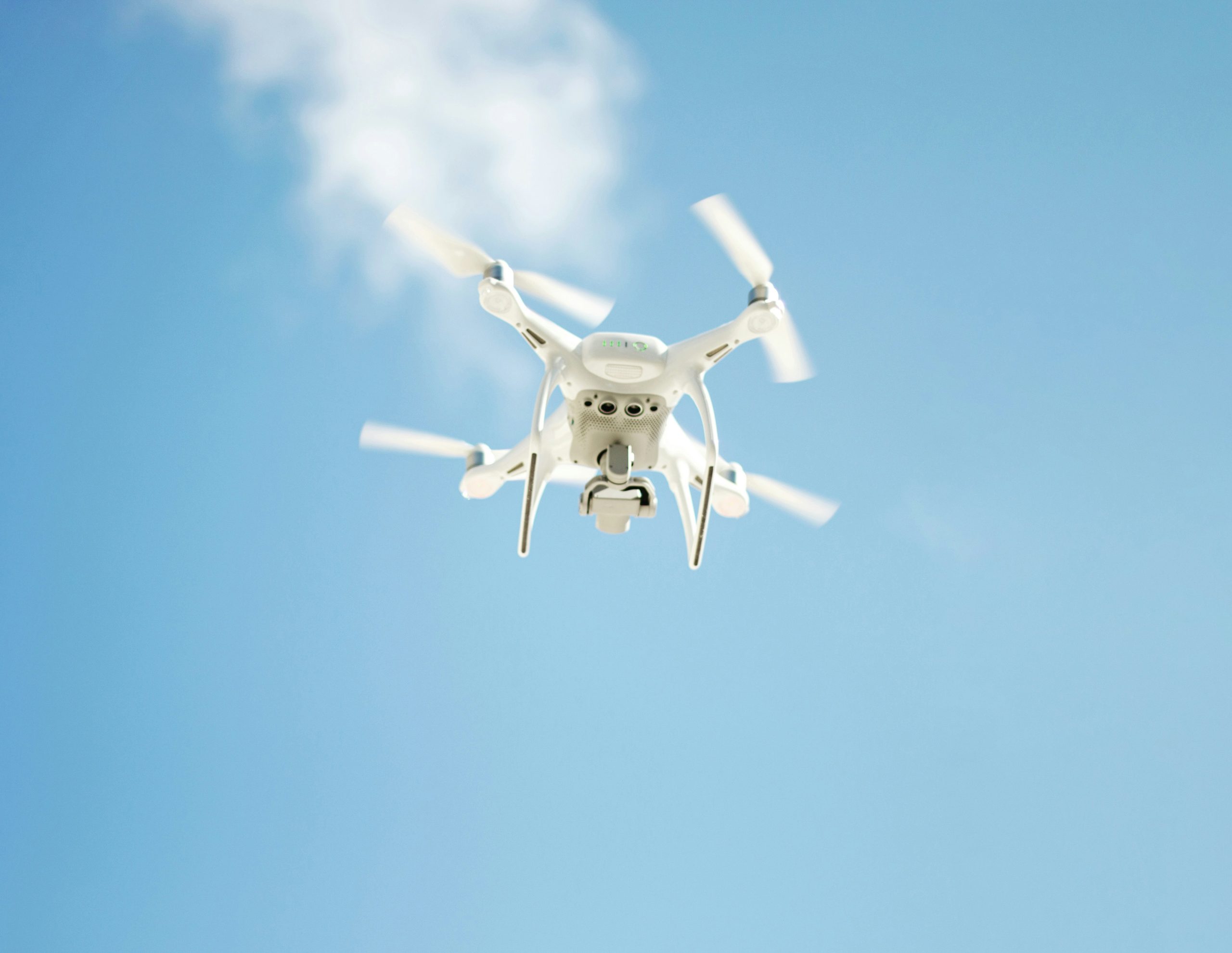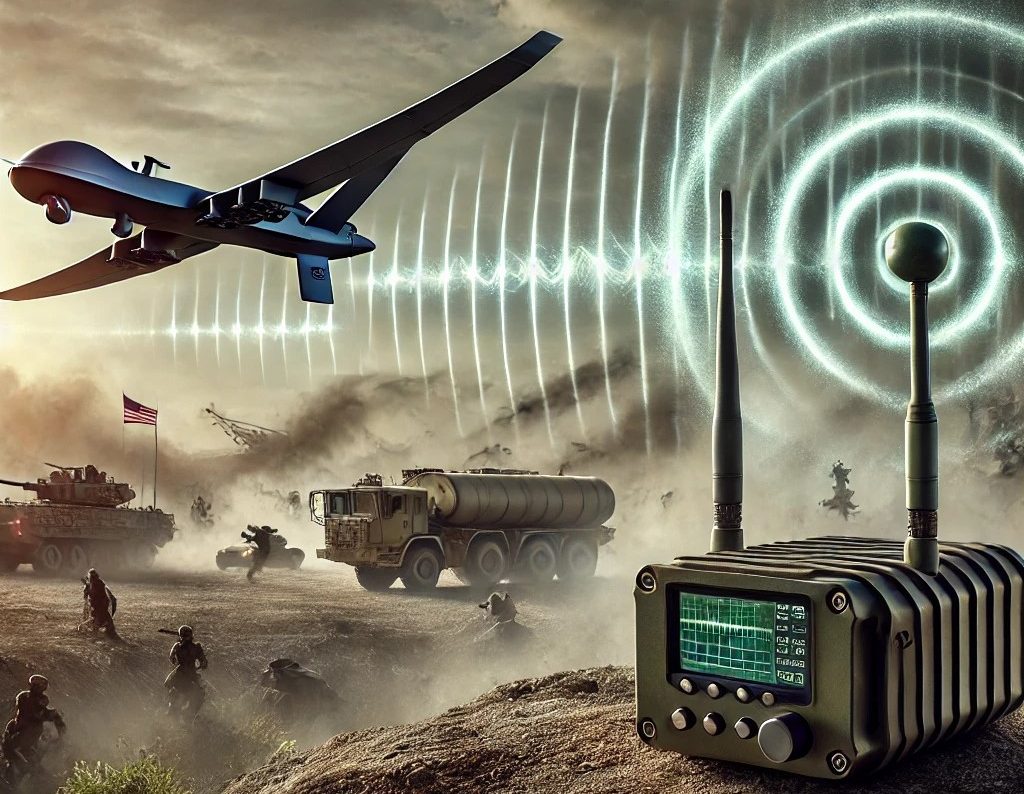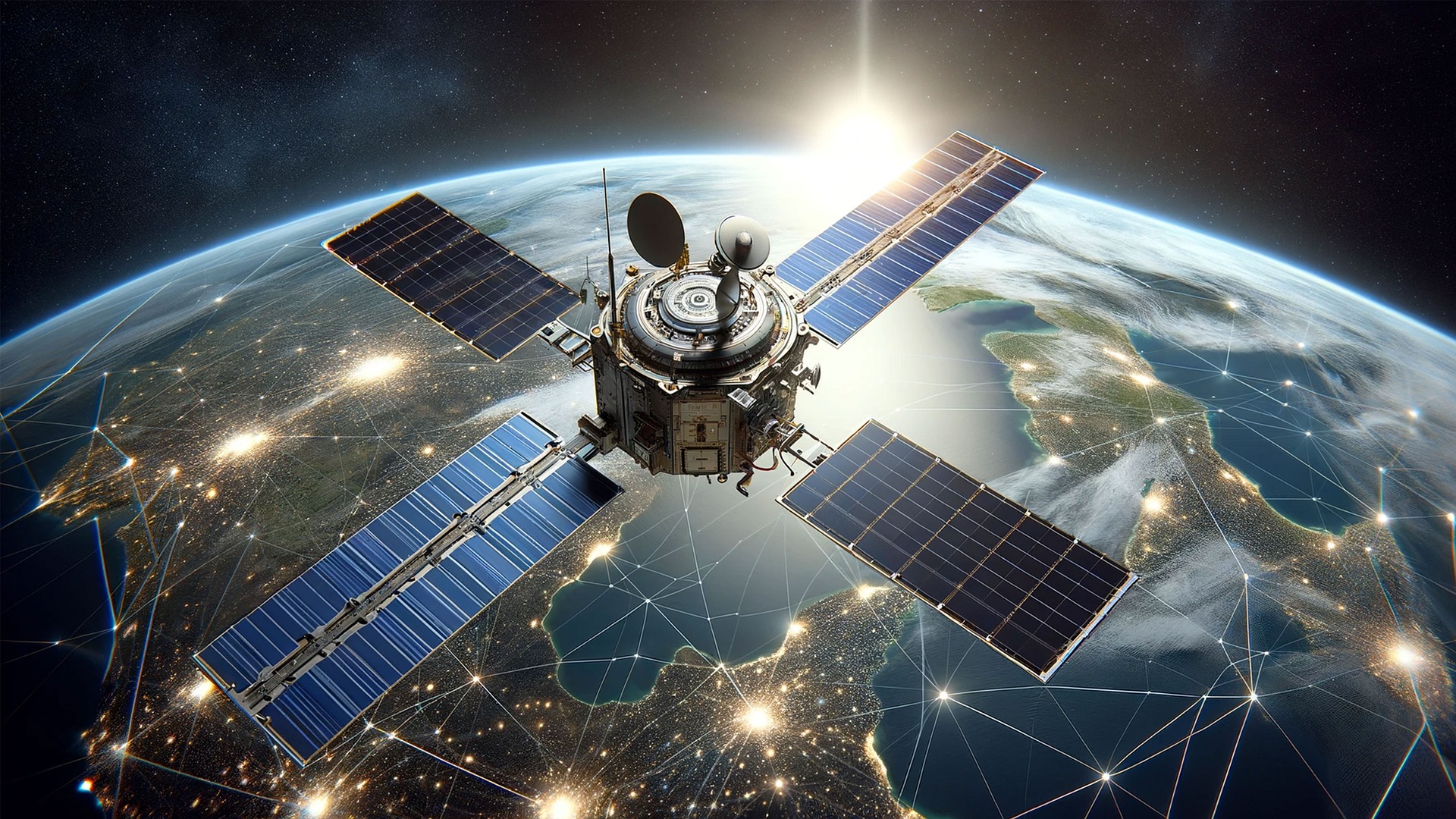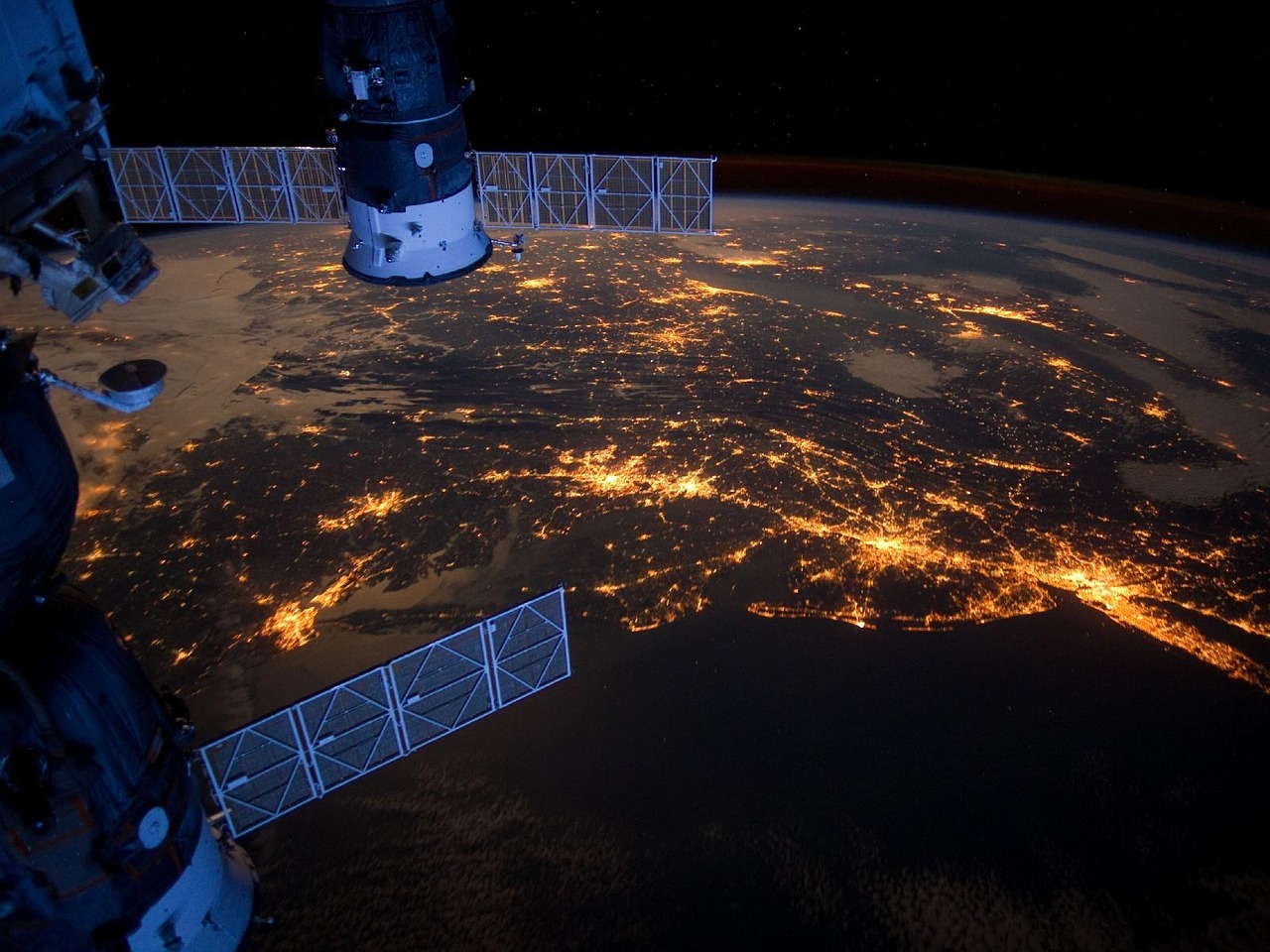
The convergence of drones and artificial intelligence (AI) is revolutionizing industries, opening up possibilities that were once confined to science fiction. From agriculture to logistics, and even disaster response, drones powered by AI are transforming how we interact with the world around us. As these technologies continue to evolve, their potential to reshape economies and societies is unprecedented.
The Rise of Intelligent Drones
Drones have already proven their value for tasks like aerial photography, surveying, and delivery. However, the integration of AI is making them smarter, more autonomous, and capable of tackling complex challenges. AI enhances drones with:
- Real-time decision-making: Drones can analyze data and adapt to changing conditions during a mission.
- Object recognition: AI-powered vision systems allow drones to identify and track objects or individuals.
- Swarm intelligence: Multiple drones can work collaboratively, mimicking the behavior of natural swarms.
Applications Shaping the Future
1. Logistics and Delivery
AI-enabled drones are set to revolutionize the logistics industry:
- Autonomous delivery: Drones will navigate urban environments to deliver packages with precision.
- Warehouse management: Drones equipped with AI can streamline inventory checks and optimize storage.
- Green solutions: Drones offer eco-friendly alternatives to traditional delivery vehicles, reducing carbon emissions.
2. Agriculture
The agricultural sector is embracing drones for smarter farming:
- Crop monitoring: AI-powered drones provide real-time insights into crop health, soil conditions, and irrigation needs.
- Precision farming: Automated drones deliver pesticides and fertilizers only where needed, reducing waste.
- Livestock management: Drones can monitor livestock movements and detect issues from the air.
3. Disaster Response and Public Safety
Drones are becoming essential tools in emergency situations:
- Search and rescue: AI-driven drones can locate survivors in disaster zones using heat maps and image analysis.
- Wildfire management: Drones monitor and predict fire spread, assisting firefighters with real-time data.
- Crowd surveillance: Law enforcement uses drones to monitor large gatherings for safety and security.
4. Urban Planning and Smart Cities
AI-equipped drones are key players in the development of smart cities:
- Infrastructure inspection: Drones assess bridges, roads, and buildings, identifying maintenance needs.
- Traffic management: Drones analyze traffic patterns to optimize urban flow.
- Environmental monitoring: Air quality and pollution levels can be tracked using drone sensors.
5. Defense and Security
Military applications are a major driver of drone and AI advancements:
- Autonomous patrols: Drones can monitor borders or restricted areas without human intervention.
- Tactical operations: AI allows drones to execute complex missions, such as reconnaissance or threat neutralization.
- Counter-drone measures: AI aids in identifying and neutralizing unauthorized drones in sensitive airspaces.
Technological Advancements on the Horizon
1. Enhanced Autonomy
As AI algorithms improve, drones will become fully autonomous, capable of operating without human intervention in highly dynamic environments.
2. Extended Battery Life
Breakthroughs in battery technology will allow drones to fly longer distances and perform more extended missions.
3. Advanced AI Capabilities
AI models will become more efficient, enabling drones to process vast amounts of data in real time and deliver actionable insights.
4. 5G and Beyond
With the rollout of 5G networks, drones will have faster, more reliable connections, enabling seamless coordination and communication.
5. Collaborative Systems
Swarm intelligence will unlock new possibilities for coordinated drone operations in fields like construction, delivery, and environmental monitoring.
Challenges and Ethical Considerations
While the future of drones and AI is promising, there are challenges to address:
- Privacy concerns: Ensuring drones respect personal privacy in surveillance and data collection.
- Regulatory frameworks: Governments must adapt regulations to balance innovation with public safety.
- Cybersecurity risks: Protecting drones from hacking and unauthorized access is critical.
- Job displacement: Automation raises concerns about its impact on human employment in certain industries.
The Sky’s the Limit
The fusion of drones and AI is driving a technological revolution that promises to reshape industries, improve lives, and address global challenges. As innovation continues, the potential applications will expand, making these intelligent aerial systems indispensable in both commercial and humanitarian efforts.
The future isn’t just in the clouds—it’s above them, with AI-powered drones leading the way. Are you ready for the next leap in innovation?




